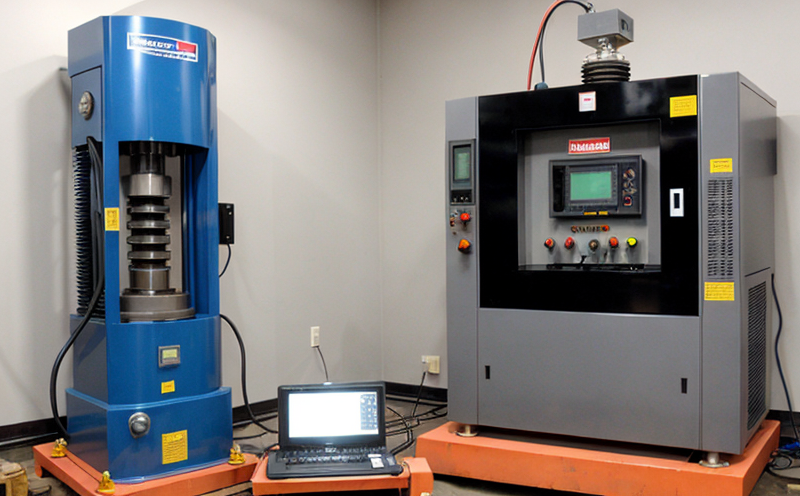JEDEC JESD22 B104 Mechanical Shock Testing for Semiconductors
The JEDEC JESD22-B104 standard provides a method for evaluating the resistance of semiconductors to mechanical shock. This test is critical in ensuring that semiconductor devices can withstand the physical stresses they may encounter during manufacturing, transport, and use.
Mechanical shock testing assesses how well components or assemblies survive sudden, rapid changes in velocity. In electronics, this stress often arises from dropping, bumping, or vibration. The JESD22-B104 test is particularly useful for semiconductors because it helps ensure that these devices will continue to function reliably after experiencing potentially damaging shock.
The testing process involves subjecting the semiconductor to a controlled impact using a drop tower or similar apparatus. The goal is to simulate real-world conditions where a device might be subjected to sudden acceleration, deceleration, or changes in direction. This includes impacts from falling objects, vehicle crashes, and other forms of mechanical stress.
The test setup typically involves placing the semiconductor on a vibration table or shock test apparatus. The equipment can simulate various types of shocks, including free-fall drops, hammer impacts, and drop tests. The specimen is then subjected to controlled impact forces that are designed to replicate real-world conditions as closely as possible.
Accurate preparation of the specimen is crucial for reliable testing results. This may include securing the semiconductor in a fixture or mounting it in a way that simulates its intended use. Proper alignment and stabilization help ensure that the test accurately reflects the stresses the device will encounter during operation.
The JESD22-B104 standard specifies the types of shock events to be tested, including free-fall drops from various heights onto different surfaces. The test may also include impacts using a drop hammer or other impact devices. Each type of shock event is designed to simulate specific real-world conditions that the semiconductor might encounter.
Once testing is complete, the semiconductor must pass certain acceptance criteria to be considered合格





